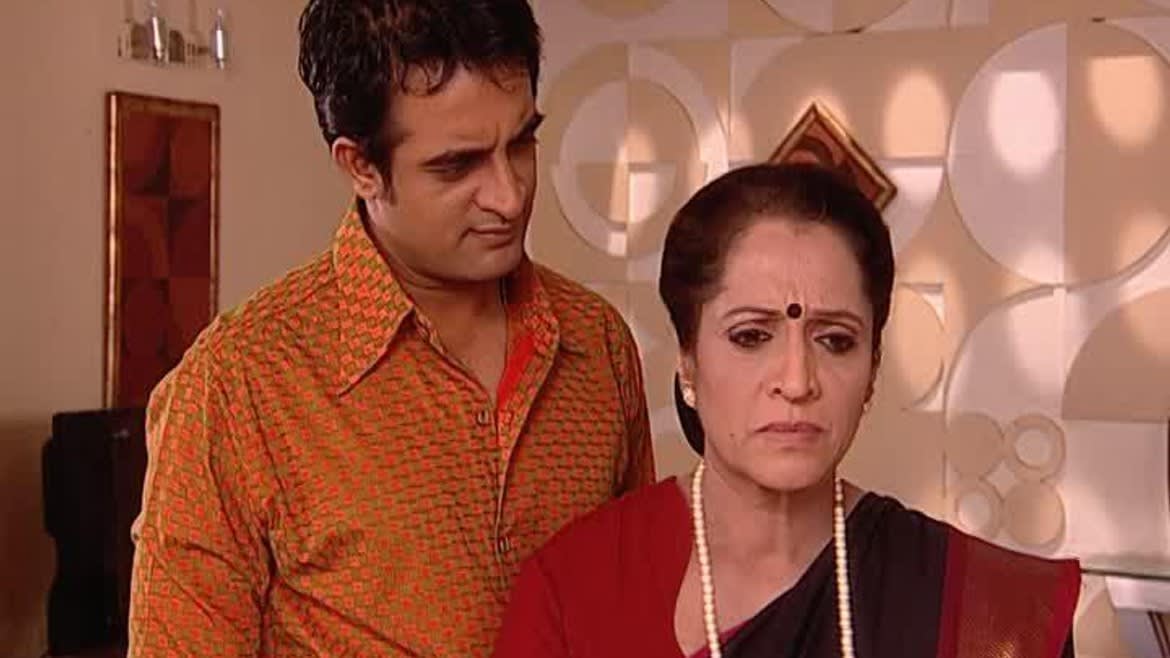
Often, highly exaggerated or bogus claims are made by unscrupulous families who demand the return of more than was given as ‘stridhan’, using the draconian sections 498A and section 406 of the IPC as a bargaining tool.įurthermore, another Section 304B was added to the IPC to deal with yet another new category of crime called “dowry death”. Section 406, to be invoked by the woman to file cases against her husband and in-laws for retrieval of her dowry prescribes imprisonment of upto three years for criminal breach of trust. Therefore, the law against perjury has hardly ever been invoked in India. But in India, the courts expect people to prevaricate and lawyers routinely encourage people to make false claims because such stratagems are assumed to be part of the legal game in India. There is, of course, the law against perjury (lying on oath).

However, no punitive provisions were added for those making false allegations or exaggerated claims. Even in this case, where a person is prosecuted for taking or abetting dowry, or for demanding dowry, the burden of proof that he had not committed the offence was placed on the accused. This law takes particular cognisance of harassment, where it occurs with a view to coercing the wife, or any person related to her, to meet any unlawful demand regarding any property or valuable security, or occurs on account of failure by her, or any person related to her, to meet such a demand.ĭuring the same period, two amendments to the Dowry Prohibition Act of 1961, enacted in 19, made dowry giving and receiving a cognizable offence. The definition of cruelty is not just confined to causing grave injury, bodily harm, or danger to life, limb or physical health, but also includes mental health, harassment and emotional torture through verbal abuse. It prescribes imprisonment for a term which may extend to three years and also includes a fine. This means that under this law the police have no option but to take action, once such a complaint is registered by the victim or any of her relatives.


In 1983, Section 498A of the IPC defined a new cognizable offence, namely, “cruelty by husband or relatives of husband”.
#Kahin to hoga episode 654 code#
The Indian Penal Code was amended twice during the 1980s – first in 1983 and again in 1986 – to define special categories of crimes dealing with marital violence and abuse The truth is, that there were adequate provisions in the IPC Sections 323, 324, 325 and 326 for use against anyone who assaults a woman or causes her injury. The Dowry Prohibition Act, was enacted with the intention of protecting wives from marital violence, abuse and extortionist dowry demands, however, the actual implementation of these laws has left a bitter trail of disappointment, anger and resentment in its wake, among the affected families

It is not a law to protect women but harass more innocent women to protect one women. Under this section Authority charge Everyone who named,without any Enquiry,they jail old Aged parents of husband,įull pregenent sisters of husband, and also breast fed children of her coz they cann`t seperate when mother was falsly charged in 498a. Or Blackmail husband incase he divorce her, for her mistakes. Just because she is not able to adjust to husband home, Please Sign PIL Against Misuse of 498ATodays modern indian women, in the name of LAW, misuseing Dowry protection Act IPC -498a to harass innocent husband, his old aged parents and his sisters, Even if he has not taken any dowry or demand any dowry.


 0 kommentar(er)
0 kommentar(er)
